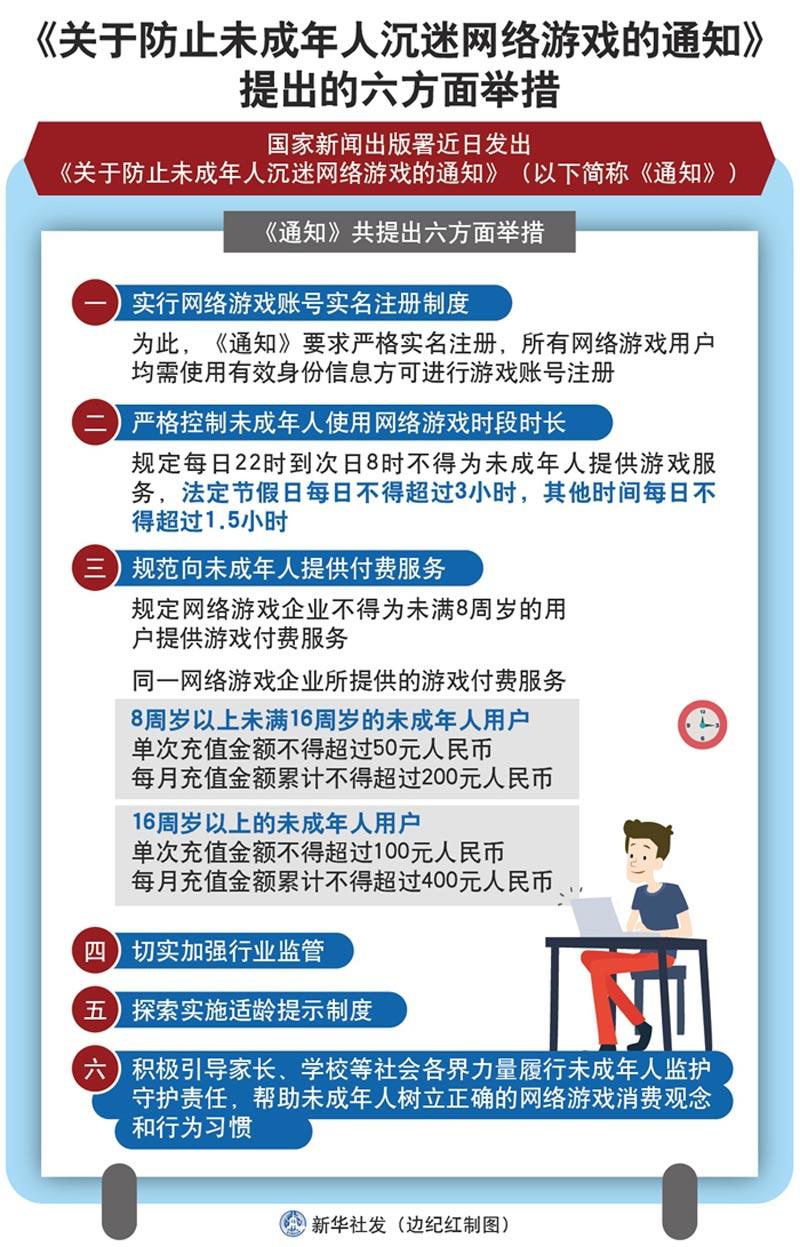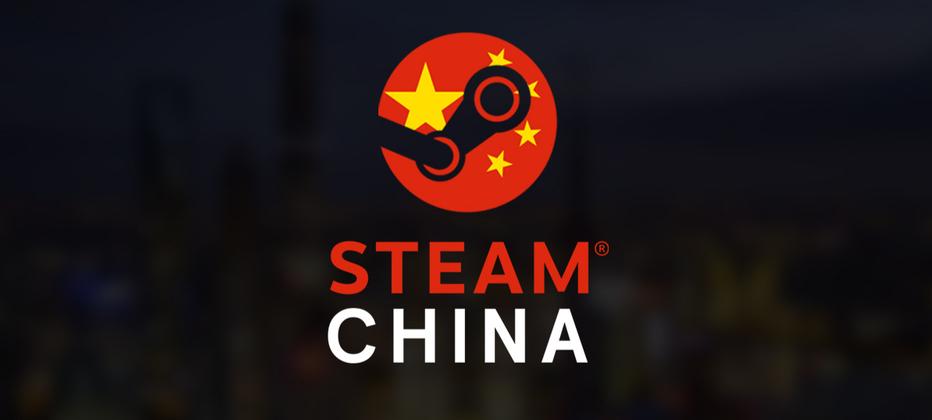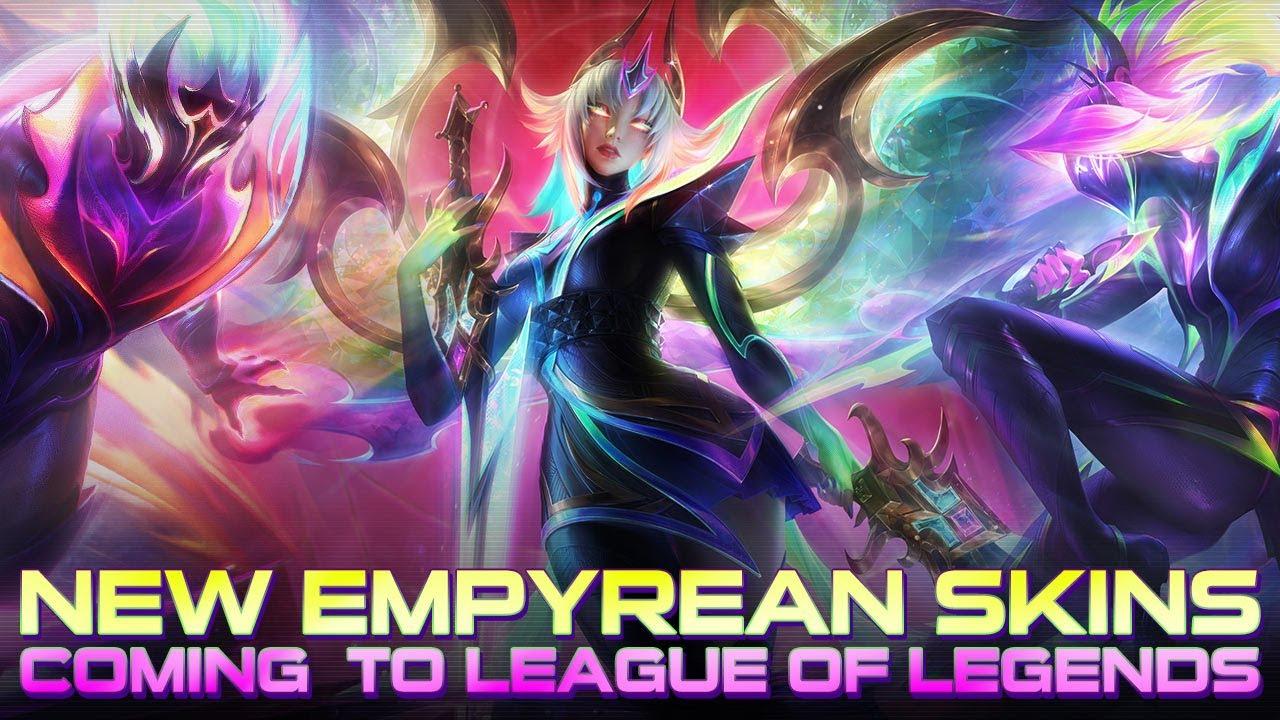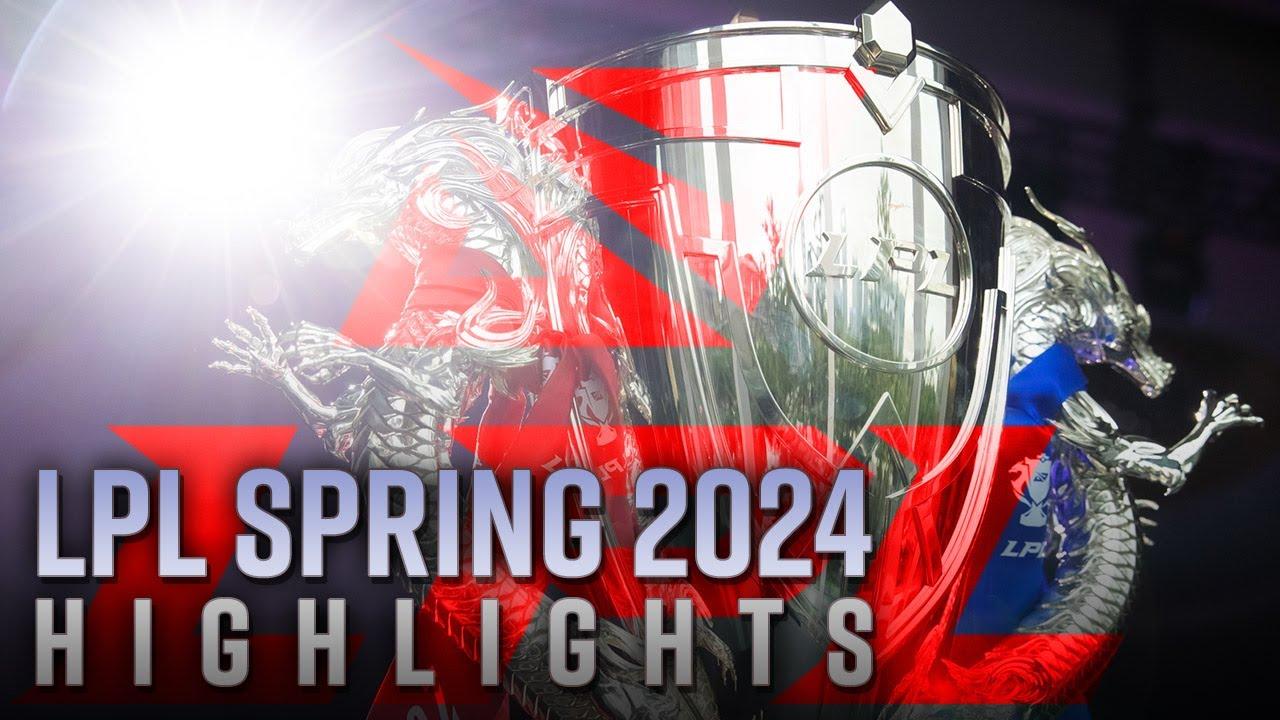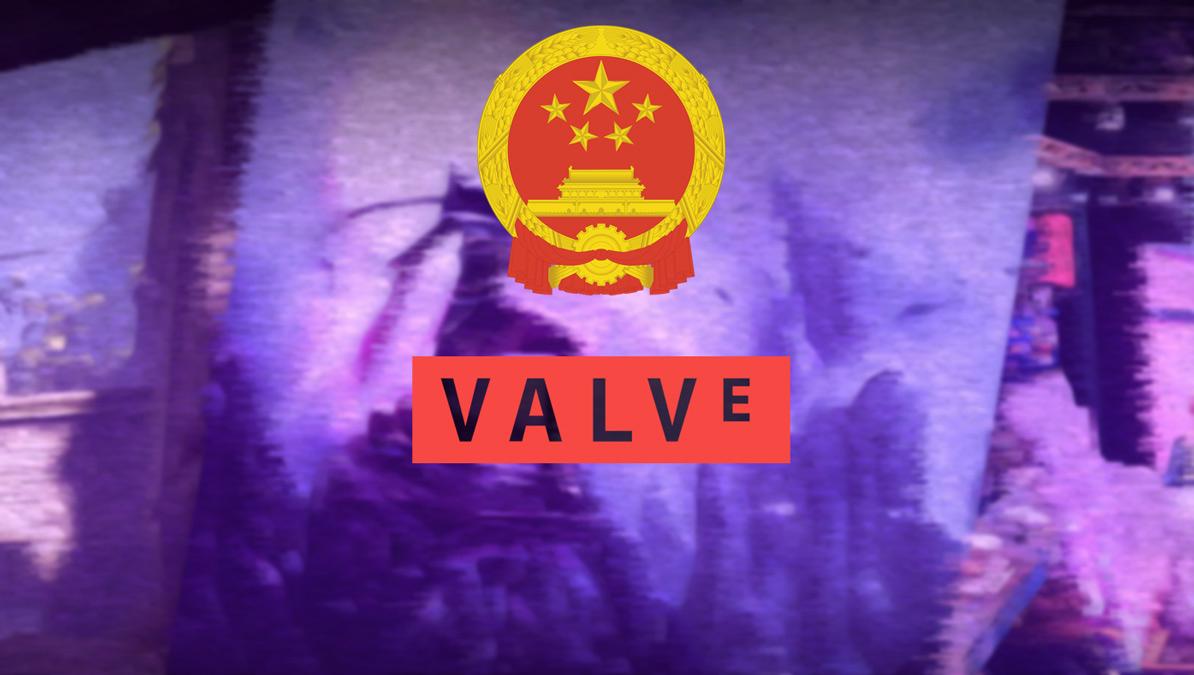
Valve cooperating with Chinese state controls for push into China
Fans of Counter-Strike: Global Offensive and Dota 2 may be surprised to learn that their favorite game’s developer has been working with government forces in China to enable the country’s strict restrictions on its citizens.
Valve Software, creator of Counter-Strike: Global Offensive, Dota 2, and the popular Steam client, has been working with the People’s Republic of China since at least June 2019 in an ongoing effort to monetize the country’s citizens. And unlike League of Legends developer Riot Games, who have also worked with the PRC and are primarly owned by Chinese company Tencent, Valve is a privately-owned American company that doesn’t have a Chinese ownership group potentially swaying its decisions.
Updates in the last year to Valve’s Steam client show that not only does the software developer have the Chinese government’s blessing to release a game distribution client in the country, but that Valve doesn’t mind helping China to police its citizenry.
To understand just how involved Valve is with the Chinese government, some background is required. China originally took a hardline stance on the Steam Client, blocking many features of Valve’s program in an attempt to keep a hold on information that the Chinese public could easily access. In 2017, the People’s Republic of China blocked all Steam Community features, including the Steam Market, forums, and profiles.
In November 2019, China released the following mandates, a collection of six points designed to help curb video game addiction in minors. Here is the original image released by the Chinese government, as well as a translation of the six main points included in the mandate.
Click the photo below for a link to the original Chinese announcement.
- “Notice on Preventing Minors from Addicting to Online Games (hereinafter referred to as “Notice”)
- Real-time online game account real-name registration system. To this end, “Notice” requires strict real-name registration, all online game users need to use valid identity information to register for game accounts [to] strictly control the use of online games by minors.
- It is stipulated that every day from 10 o’clock to 8 o’clock the next day must not provide games for minors. Business & legal holidays must not exceed 3 hours per day, other days must exceed 1.5 hours.
- Regulations to [control] fee-paying service [access to] minors. [These] stipulate that online game companies should not [allow] those under 8 years of age [to make purchases]. Game payment service [must be] provided by the same network game company.
- Minor users under 8 years old and under 16 years old: the amount of one-time recharge shall not exceed RMB 50. The monthly recharge [total?} amount cannot accumulate more than 200 yuan.
- Minor users over 16 years of age [cannot fund online games by more than] 100 yuan [at one time]. The monthly recharge amount shall not exceed 400 yuan.
- Strengthen the supervision of the industry, explore and implement the age-appropriate reminder system. Actively guide parents, schools, and other social sectors to perform under-age supervision. Keeping the responsibility, helping minors to establish a correct online game consumption concept.
With this information in mind, Valve’s anti-addiction and duration control systems, implemented long before China published these mandates, provide a solid foundation of evidence to show that the American company is willingly working with the Chinese government.
Valve updates show company knew China gaming limits before public release
The initial indication that the relationship between the software developer and the Chinese government was closer than once believed came on June 26, 2019, four months before the Chinese government announced its new restrictions on gaming the following November. In an update to all Steam clients, Valve added several lines of code that were labeled so clearly that there is little room for interpretation regarding who and what they concern.
- “SteamChina_Overlay_DurationControl_Init” “Healthy Gaming Advisory\nBoycott harmful games; reject game piracy.\nExercise self-protection; avoid deception.\nModeration promotes brain health; excess play is harmful to the body.\nWell-planned use of your time will lead to a healthy lifestyle.”
- “SteamChina_Overlay_DurationControl_MessageA” “You’ve been playing for one hour.”
- “SteamChina_Overlay_DurationControl_MessageB” “You’ve been playing for three hours.\nConsider taking a break.”
- “SteamChina_Overlay_DurationControl_MessageC” “You’ve been playing for over three hours.\nYour XP / progress has been reduced by half.”
- “SteamChina_Overlay_DurationControl_MessageD” “You’ve been playing for over five hours.\nYour XP / progress has been reduced to zero.”
The June 26 update also added the following penalties, as well as internal code to track Valve’s “Duration Control.”
- “SteamUI_DurationControl_PlaytimeExceeded_Title” “Playtime Exceeded”
- “SteamUI_DurationControl_PlaytimeExceeded_Body_ThreeHours” “You have accumulated 3 hours of online time. Please take a break of at least 5 hours. Engage in physical activity.”
- “SteamUI_DurationControl_PlaytimeExceeded_Body_FiveHours” “You have reached your limit of online time for today. Please take a break and try tomorrow after 8AM.”
- “SteamUI_DurationControl_PlaytimeExceeded_Body_Night” “You can’t play this game between 10PM and 8AM the following day. Please take a break.”
The same file was updated again on September 23, 2019, adding two lines that warned users at three total hours played before an announcement that the user had reached five hours and would no longer be able to use the Steam client for the remainder of the day. The September update added the following two lines:
- “SteamChina_Overlay_DurationControl_ExitSoon_3h” “You have accumulated 3 hours of online time.\nPlease take a break of at least 5 hours.\nEngage in physical activity.”
- “SteamChina_Overlay_DurationControl_ExitSoon_5h” “You have reached your limit of online time for today.\nPlease take a break and try tomorrow after 8AM.”

Finally, a javascript file that handles the Steam Client’s out-of-game capabilities was updated on October 24, just under two weeks before the Chinese government announced it’s six-point plan to combat video game addiction in minors. These lines are a port of the first line included in the June 26 update, now coded into the actual Steam platform itself and able to be shown to users.
- “SteamChina_DurationControl_Init_1”: “Healthy Gaming Advisory”,
- “SteamChina_DurationControl_Init_2”: “Boycott harmful games; reject game piracy.”,
- “SteamChina_DurationControl_Init_3”: “Exercise self-protection; avoid deception.”,
- “SteamChina_DurationControl_Init_4”: “Moderation promotes brain health; excess play is harmful to the body.”,
- “SteamChina_DurationControl_Init_5”: “Well-planned use of your time will lead to a healthy lifestyle.”,

Is Steam currently avaialble in China?
While Steam is currently available in China, it is not officially sanctioned by any part of the Chinese government and technically runs the risk of being banned by the PRC. It has always been in Valve’s best interest financially to establish a foothold in the country, as doing so would mean that the software giant would officially gain access to an immense revenue stream.
But while Valve’s implementation of Chinese gaming limits has flown under the radar, Steam China, Valve’s feature-built version of the client approved by the PRC, hasn’t.
Valve officially announced Steam China back in 2018. At that time, Steam China existed as a partnership between Chinese distributor Perfect World and Valve, much like Chinese internet superpower NetEase runs Activision Blizzard’s servers in the country. Fans of the platform haven’t heard much about it since the announcement in 2018, but these changes to Steam seem in line with bringing the client into compliance with China’s six-point plan as outlined by China’s State Press and Publication Administration outlined above.
Make no mistake, although the plan is seemingly centered around limiting video game access to China’s youngest citizens, adults have to register using “strict, real-name registration” in order to be exempt from a game’s duration control features.
The Steam China alpha leak shows Valve in line with Chinese restrictions
WIN.gg recently showcased the three main features of the Steam China client. After gaining access to the developer branch of the client, WIN.gg found that the client had three major differences in place. To learn more about those differences and what they could mean for Steam, click the image below.
Recommended

All maps are now available in CS2, what does it mean?
Poor Inferno players.

Redline creator reveals a sequel skin for CS2
Maybe call it the Orangeline?
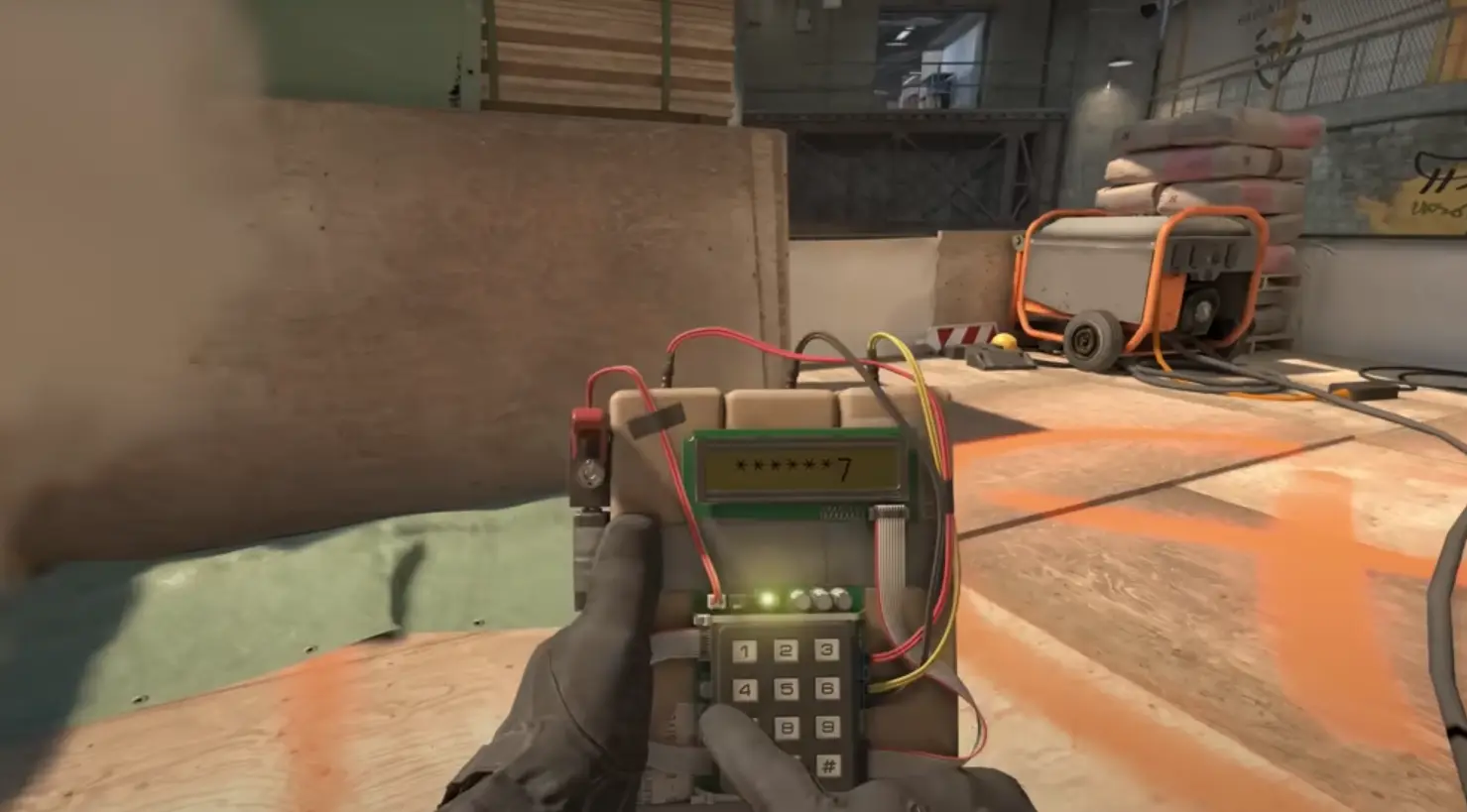
CS2 release date: Everything we know so far
Is it CS2-morrow? No, it is not.

